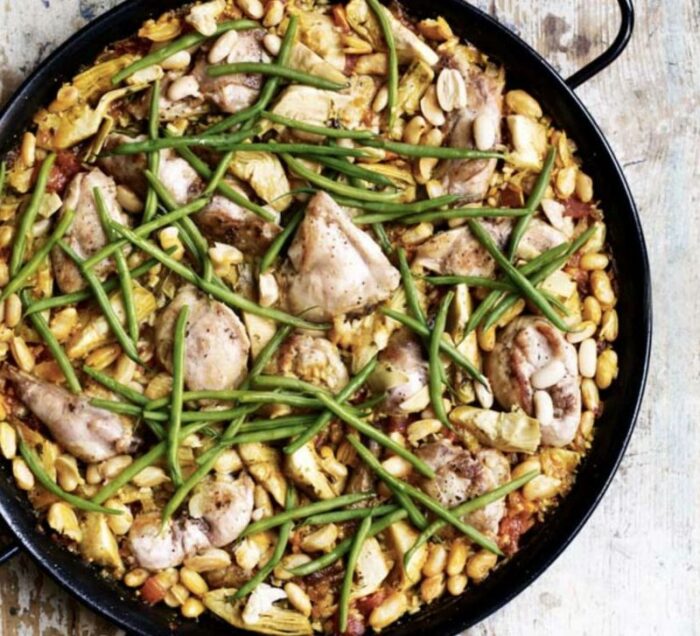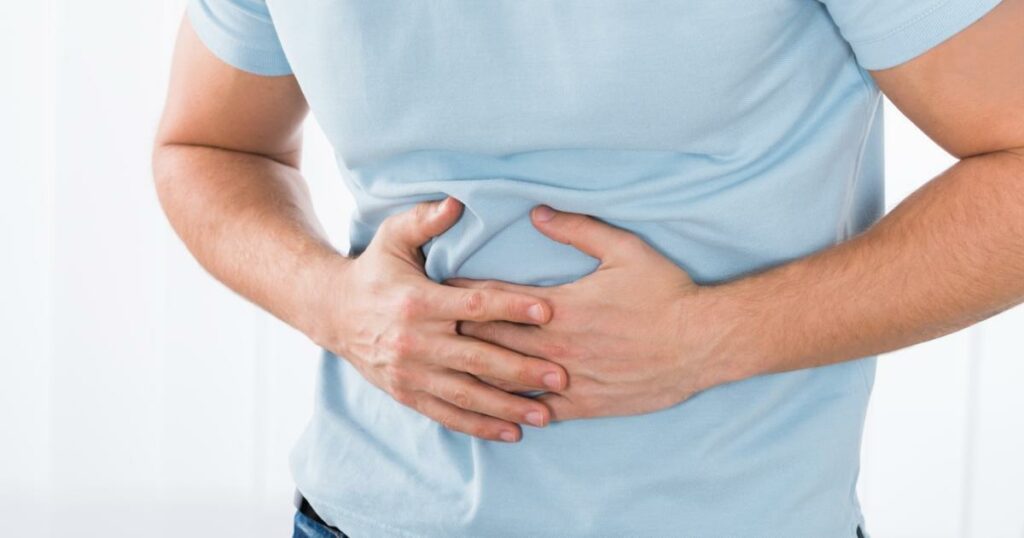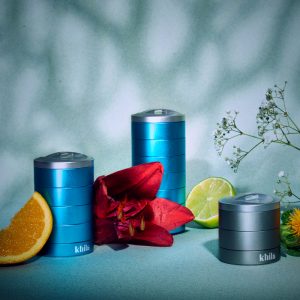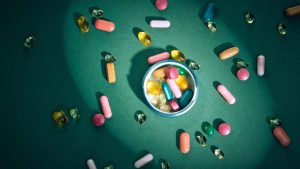Why is Iron important?
Why is Iron so important? Iron is essential for keeping your body and blood healthy. But while there are numerous signs you could be iron deficient, these can also be symptoms of other health conditions. So how do you know when to supplement? Our handy guide talks you through the science and answers all your iron-related questions.
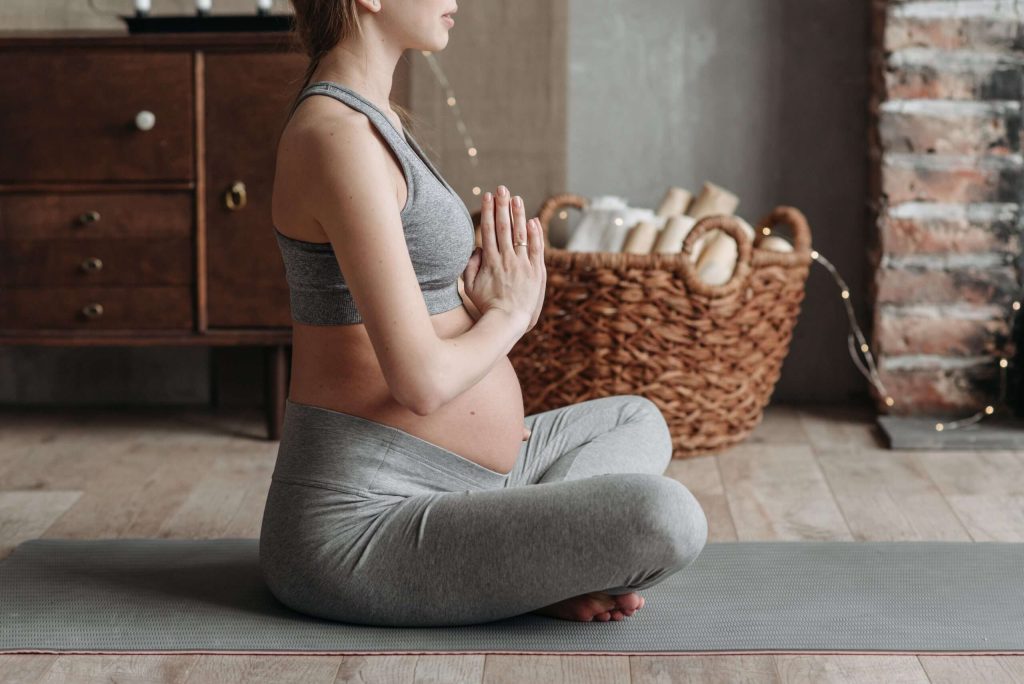
What is iron good for?
Iron is absolutely essential for transporting oxygen to all your cells including your energy-hungry muscles. Iron Deficiency is one cause of Anaemia, the lack of healthy red blood cells to carry oxygen to your body’s tissues. But it’s so much more than that. Why?
It is important for your whole immune system because it aids the production of your immune cells. Without a sufficient supply, you could get ill more often. Its role in your circulatory and immune systems means that it helps with your energy and focus, gastrointestinal processes and the regulation of your body’s temperature. This need can increase dramatically as your body goes through change or stress. For example, Iron is important during pregnancy to fuel the fetus’ growth. And to keep mum healthy too. Athletes might also need more iron to make sure that enough oxygen reaches their muscles when they’re training or competing.
Should I take an Iron supplement?
Certain people are at higher risk of Deficiency and could benefit from taking Iron as a supplement. Especially those who follow a vegan, vegetarian or low-nutrient diet as well as teenage girls, women with heavy menstrual cycles and people who have an inflammatory bowel disease. If you’re deficient in Vitamin A, B12, Copper and Magnesium, your ability to absorb Iron can also be reduced.
However it’s important to test your levels before taking high doses. Conditions like Haemochromatosis (an inherited condition where Iron levels in the body slowly build up over many years) can cause unpleasant symptoms. If it’s not treated, it can damage your liver, joints, pancreas and heart.
The signs that you might be low in Iron are:
- Weakness
- Fatigue
- Poor concentration
- Looking pale
- Shortness of breath
- Hair loss
- Easy bruising
- Headaches and dizziness
- Heart palpitations
- Anxiety
- Greater susceptibility to infections
But this guidance is given with a huge caveat. These symptoms can also be indications of other underlying health issues. This is why, when it comes to Iron, it’s important to see your doctor and get a blood test to establish if your levels are low before you take any supplements.
How much Iron will help my body?
Unless you’re advised by a trained practitioner, you should only take Iron as part of a multivitamin at the recommended daily amount of 9-15mg. If you have symptoms and your Ferritin (the blood protein that contains Iron) is below 50mg, you could benefit from a supplement that ranges from 20-100mg per dose. Equally, Ferritin levels below 100mg can also be boosted with the help of a trained nutritional therapist who can assess your individual needs.
How should I take iron?
If you’re prescribed Iron for Anaemia it’s usually in the form of Ferrous Sulphate, which can cause constipation and stomach upset. Ferrous Fumarate, Bisglycinate or Gluconate are much gentler on your tummy. Iron-rich herbal tonics or Iron-rich water can also gently restore levels but be sure to check the ingredients as some might contain ingredients that can affect those with Coeliac disease.
Which foods can I find it in?
Food can contain one of two types of Iron: Heme and Non-Heme. Heme Iron, which is absorbed 2-3 times more efficiently than Non-Heme Iron, is found in meat, poultry and fish. Some of the best sources are liver, oysters and clams, but they’re not usually on our everyday shopping lists! The next best choice is lean red meat.
For those following a Plant-based diet , you can source your Non-Heme from beans, peas, leafy green vegetables, dried fruit (especially apricots), kelp and molasses. Handy tip – Adding some vitamin C through a squeeze of lemon juice or red peppers could aid your body’s absorption of Non-Heme.
One for the Ladies
As many of us look to Collagen supplements as we age, did you know that Iron is necessary for the synthesis of Collagen? This protein provides structural support to various tissues, including skin, bones, and blood vessels. It also contributes to wound healing and tissue repair.
Iron can also indirectly impact women during Menopause. It is important for women going through Menopause to maintain adequate Iron levels because deficiency can lead to symptoms such as fatigue, weakness, and decreased immune function, which can exacerbate the already existing challenges of menopause.
Our Summary
To maintain sufficient levels, it is important to consume a balanced diet that includes Iron-rich foods such as lean meats, poultry, fish, legumes, leafy greens, fortified cereals, and nuts. In certain cases, supplements may be recommended by healthcare professionals to address Iron deficiency or Anaemia. Regular monitoring of Iron levels and seeking professional guidance can help ensure optimal status and support overall health.
Disclaimer: This information is not intended to diagnose, treat or cure any condition. If you have a medical condition, are pregnant, or take any form of medication, consult a trained professional or doctor before taking supplements.


